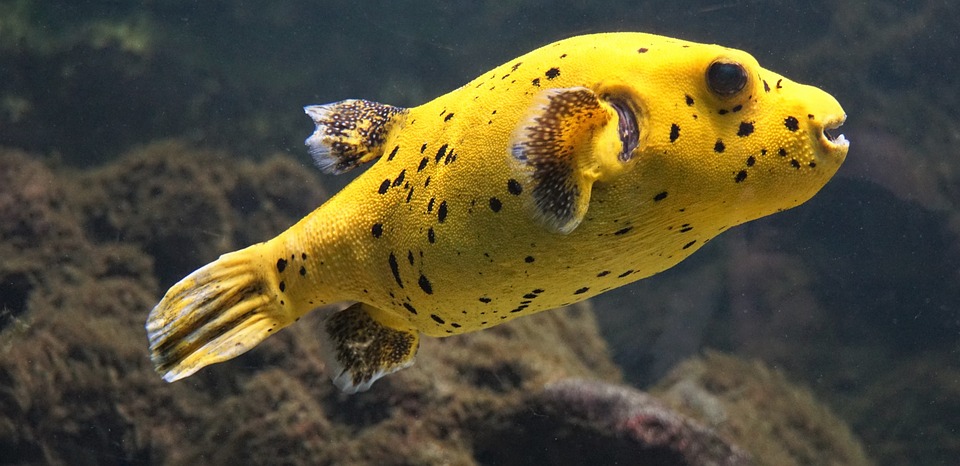Fish parental care is a fascinating behavior that is observed in various fish species. It involves parents taking an active role in protecting and nurturing their offspring. This article will provide a comprehensive assessment of fish tank fish parental care, including its significance, types, and tips for creating an ideal environment to support this behavior.
The significance of fish tank fish parental care is multifaceted. Firstly, it ensures the survival of the offspring. Parental care can involve activities such as guarding the eggs or fry, providing them with protection from predators, and even carrying them in their mouths. These actions greatly increase the chances of the offspring surviving to adulthood.
Secondly, parental care enhances genetic fitness. By investing time and energy into caring for their offspring, parents increase the chances of their genes being passed on to future generations. This behavior is especially important in species with low reproductive rates, as it ensures the survival of their genetic lineage.
Thirdly, parental care promotes social bonding. Fish that engage in parental care often form strong bonds with their mates. They work together to protect and care for their offspring, fostering a sense of cooperation and partnership.
Lastly, fish tank fish parental care has implications for behavioral research. Studying parental care behavior in fish can provide insights into evolutionary biology, reproductive strategies, and social dynamics within fish populations.
There are several types of fish tank fish parental care. One common type is mouthbrooding, where the parents carry their eggs or fry in their mouths until they are ready to fend for themselves. Examples of mouthbrooding fish include African cichlids and some species of bettas. Caring for mouthbrooding fish involves providing suitable hiding spots and ensuring a balanced diet for the parents.
Another type is egg scattering, where the parents release their eggs into the water and provide minimal care. Examples of egg scatterers include many species of tetras and danios. Creating a suitable habitat for egg scatterers involves providing plants or spawning mops for the eggs to attach to and grow.
Nest building is another form of parental care observed in fish. Nest builders construct nests using materials such as rocks, plants, or bubbles. Examples of nest-building fish include angelfish and gouramis. Providing nest-building materials such as rocks or plants in the tank is essential for these species.
Creating an ideal environment for fish tank fish parental care involves several considerations. Firstly, the tank size and water parameters should be suitable for the species being kept. Different fish have different requirements, so it is important to research their specific needs.
Proper tank setup and decoration are also crucial. Providing hiding spots, plants, and suitable substrate can mimic the natural environment and encourage parental care behaviors.
Choosing suitable tank mates is important as well. Some fish may exhibit aggressive behavior towards their offspring or other fish, so compatibility should be carefully considered.
Appropriate feeding practices are essential to support parental care. Providing a varied and balanced diet that meets the nutritional needs of the fish is crucial for their overall health and the success of their parental care efforts.
Monitoring water quality is vital for the well-being of the fish and their offspring. Regular water testing and maintenance will help ensure a stable and healthy environment.
In the frequently asked questions section, some common queries about fish parental care will be addressed. This will include questions regarding the signs of parental care, the universality of this behavior among fish species, the duration of the parental care period, the interference with parental care behavior, and the possibility of encouraging or stimulating parental care.
In conclusion, understanding fish tank fish parental care is essential for aquarists who want to promote natural behaviors and ensure the well-being of their fish. By providing the necessary information and creating suitable environments, fish enthusiasts can observe and appreciate the wonders of parental care within their fish tanks.









